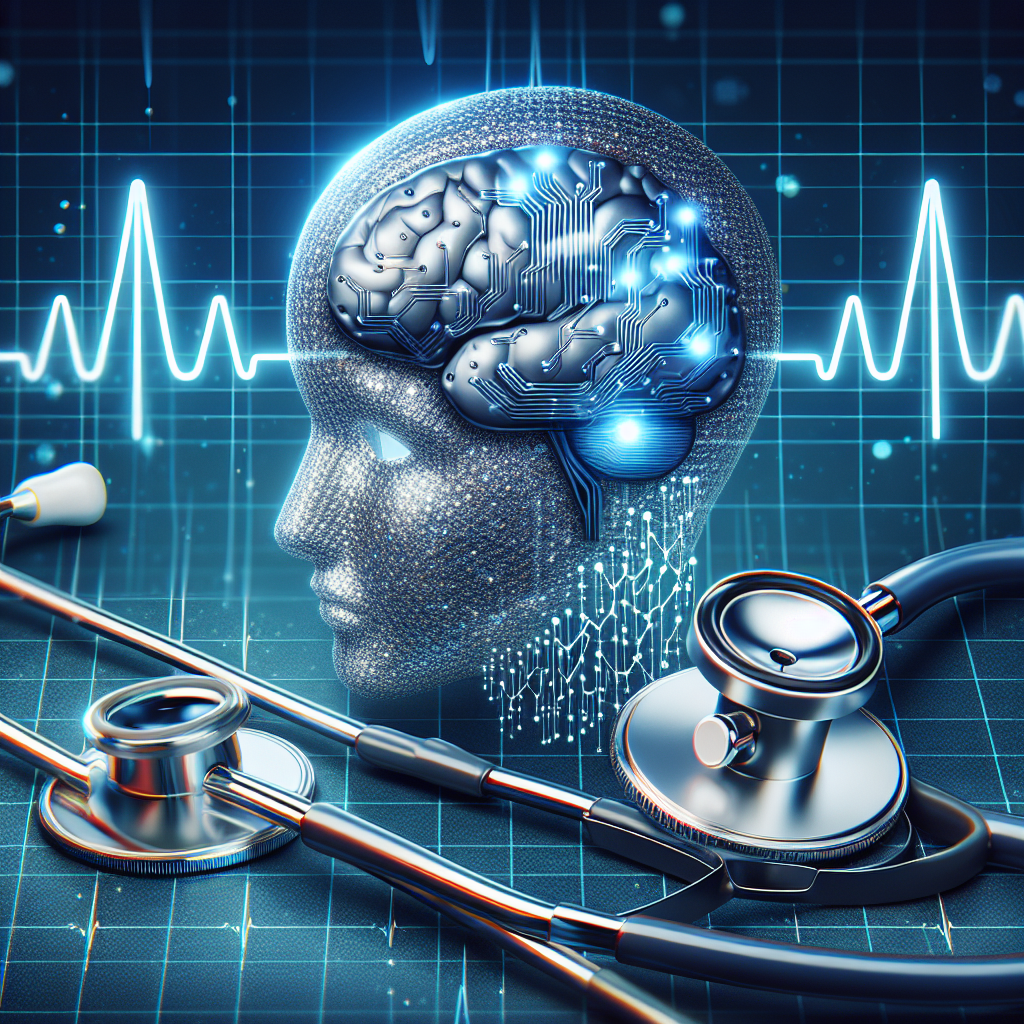Artificial Intelligence (AI) has the potential to revolutionize healthcare by improving diagnosis, treatment, and patient outcomes. However, the use of AI in healthcare also raises ethical implications that must be carefully considered and addressed. In this article, we will explore the ethical implications of AI in healthcare and discuss how we can ensure that AI is used responsibly and ethically in the medical field.
One of the main ethical concerns surrounding the use of AI in healthcare is the issue of patient privacy and data security. AI algorithms rely on large amounts of data to make accurate predictions and recommendations, which can include sensitive patient information. It is crucial that healthcare providers and AI developers take steps to protect patient data and ensure that it is not misused or accessed without consent. This includes implementing robust security measures, obtaining informed consent from patients, and anonymizing data whenever possible.
Another ethical consideration is the potential for AI to exacerbate existing health disparities. AI algorithms are only as good as the data they are trained on, and if this data is biased or incomplete, it can lead to inaccurate or discriminatory outcomes. For example, if an AI system is trained on data that primarily includes white patients, it may not perform as well for patients of color. To address this issue, healthcare providers and AI developers must actively work to mitigate bias in data collection and algorithm development, as well as ensure that AI systems are tested for fairness and transparency.
Additionally, the use of AI in healthcare raises concerns about accountability and liability. Who is responsible when an AI system makes a mistake or provides incorrect information? Should healthcare providers be held accountable for the decisions made by AI algorithms, or should the developers of the AI system bear the responsibility? These are complex questions that require careful consideration and may vary depending on the specific circumstances. It is essential that clear guidelines and regulations are established to clarify the roles and responsibilities of all parties involved in the use of AI in healthcare.
Moreover, the use of AI in healthcare also raises questions about the impact on the doctor-patient relationship. Will patients trust AI algorithms to make decisions about their health, or will they prefer human doctors? How can healthcare providers ensure that AI is used as a tool to support, rather than replace, human judgment and expertise? These are important considerations that must be addressed as AI becomes more prevalent in healthcare settings.
Despite these ethical concerns, the potential benefits of AI in healthcare are significant. AI has the potential to improve diagnostic accuracy, personalize treatment plans, and streamline administrative tasks, allowing healthcare providers to deliver more efficient and effective care. By addressing ethical considerations and ensuring that AI is used responsibly, we can harness the full potential of this technology to improve patient outcomes and advance the field of medicine.
FAQs:
Q: How can healthcare providers protect patient privacy when using AI?
A: Healthcare providers can protect patient privacy by implementing robust security measures, obtaining informed consent from patients, and anonymizing data whenever possible. It is also essential to adhere to relevant regulations and guidelines, such as the Health Insurance Portability and Accountability Act (HIPAA), to ensure that patient data is handled securely and responsibly.
Q: How can bias in AI algorithms be mitigated?
A: Bias in AI algorithms can be mitigated by actively working to diversify and balance training data, testing algorithms for fairness and transparency, and involving diverse stakeholders in the development and validation process. It is crucial to be aware of potential bias in AI systems and take steps to address it proactively.
Q: Who is responsible when an AI system makes a mistake?
A: The responsibility for mistakes made by AI systems can vary depending on the specific circumstances. In some cases, healthcare providers may be held accountable for the decisions made by AI algorithms, while in other cases, the developers of the AI system may bear the responsibility. Clear guidelines and regulations should be established to clarify roles and responsibilities in the use of AI in healthcare.

